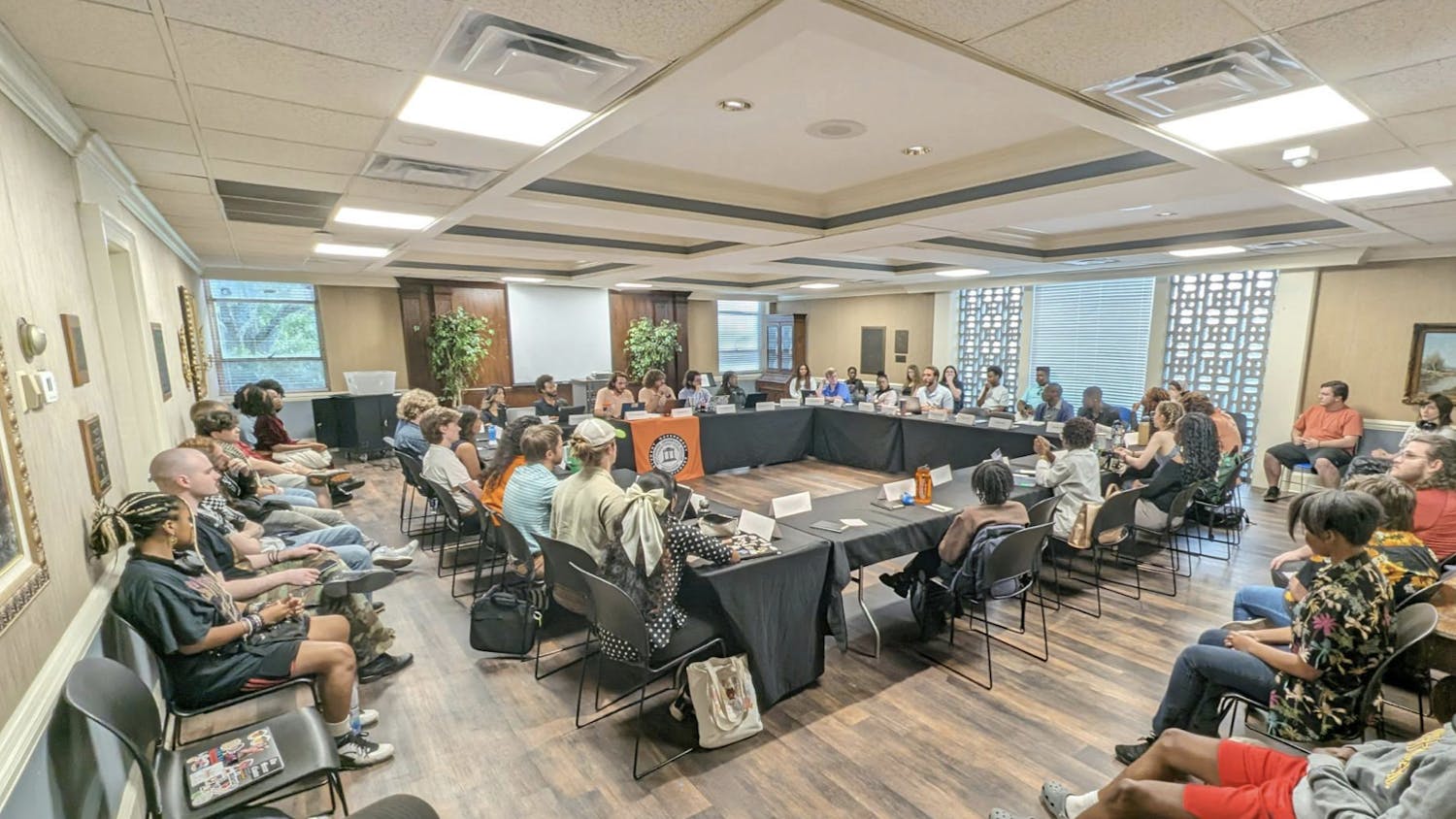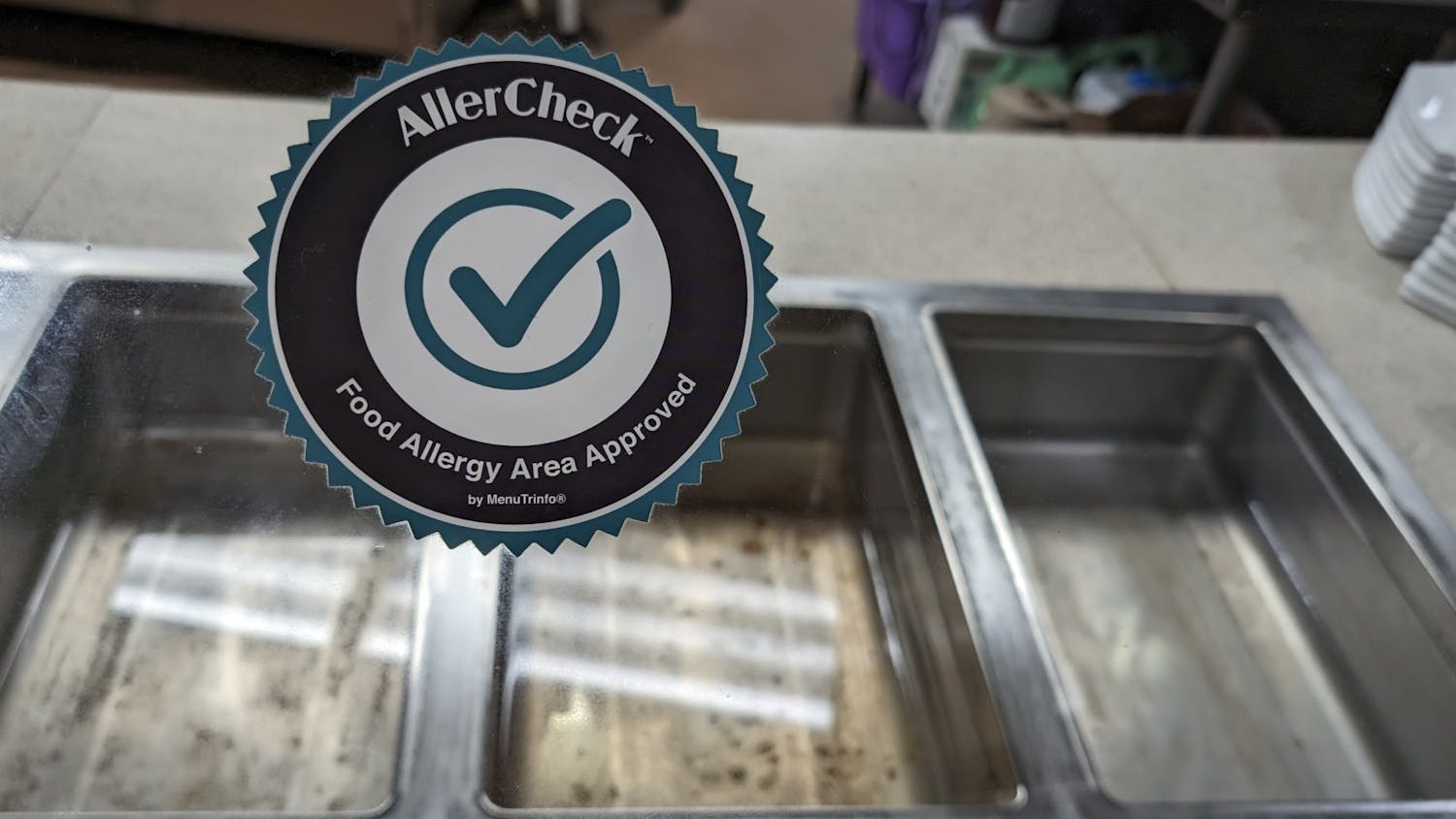This is an opinion article. Any views expressed belong solely to the author and are not representative of The Cluster.
As Mercer students, we are united by a similar experience. After spending our junior and senior years of high school combing through college websites and going on campus tours, we all committed to Mercer University. Our decisions to matriculate here primarily represent a transaction: 120 hours of classes in exchange for a degree. However, we are not solely bound together by the pursuit of a degree. We chose Mercer because we believed in the experience it provides.
My freshman year evidenced that the Mercer experience is not merely an abstract concept or moralizing lingo. My choice to attend Mercer was validated each time I walked to the University Center with a new friend or met with a professor in office hours. The abundance of faculty members and students who actively work to make Mercer a good place helped me to ease into its community. As I made friendships in my residence hall, sorority and classes, I felt lighter and happier than I had ever been in my life.
However, in a matter of days after classes were moved online in March due to COVID-19, my motivation lagged and my anxiety heightened. COVID-19 upended so many things, but the constant excitement of my freshman year was one of them.
Mental health is just one aspect of our lives that COVID-19 affected. We lost the Mercer experience when we went online, and Mercer students and the Macon community alike suffered economically by our sudden mass exodus from campus. That’s why Mercer is right to offer in-person classes this fall.
A return to normal college life will benefit students’ mental health
COVID-19 is far more complex and harmful than its effects on my own life, but this narrative does draw attention to a larger concern regarding student mental health.
According to a survey conducted by college student mental health awareness organization Active Minds, 80% of college students reported that COVID-19 negatively affected their mental health. Of those responders, 20% said their mental health had significantly worsened. These statistics reflect a collective lamentation of many things—discarded schedules, cancelled events, financial instability, political unrest and incompetence. Although maintenance of a regular routine is not a matter of life or death, that element of our pre-COVID lives bolsters our mental health.
Furthermore, transitioning back to being on campus makes mental health support more accessible. Out-of-state students may have suffered throughout lockdown because of their inability to access Counseling and Psychological Services’ virtual appointments, a telehealth service that is strictly available to students who are in Georgia. However, returning to campus will grant them access to this alongside CAPS’s list of COVID-19 resources.
Students can also reconnect with their friends and support networks through low-risk activities like outdoor lunches and socially distanced walks. Although these examples may seem inconsequential in comparison to the threat of the coronavirus, the notion that mental health matters as much as physical health demands that we acknowledge how our pending return to campus can alleviate some pandemic-related stressors.
Returning to Macon will support students and the local community economically
Despite these benefits, many students have urged the administration to consider the effect that our return will have on the Macon community. While Macon has suffered because of COVID, that suffering could have been exacerbated in one way by our absence. The economies of many college towns rely on students. We cannot assume that Macon is the exception.
This is significant, especially because the economy is not the abstract concept that many believe it is. Although economies are the amount of profit generated in a specified area, this embodies so much more. It determines the amount of jobs that are available and fuels the operation of our favorite local spots, like Margaritas and Francar’s.
Our support provides the Macon economy with a small cushion amidst this national downturn, ensuring that a larger amount of jobs can exist and that these businesses can still thrive. Students’ return to campus will maintain the Macon we know and love.
Not to mention, Mercer’s plan to return to in-person instruction and on-campus housing in August also means that students can avoid the financial burdens of being displaced from on-campus jobs.
Offering an online option for some is still a good idea
My belief that Mercer’s reopening provides benefits to both students and the Macon community is not intended to discount the fight for an online option.
I echo the questions that countless students have posed about what will happen if classmates or professors get sick. I believe that it is a misstep on the part of the administration to not offer an online option for both immunocompromised students and those who simply do not feel safe enough to return.
As the student body has broadly voiced, the University’s plan is flawed. For it to work, students must act with responsibility, adhering to guidelines that already alter the college experience I have praised.
The Mercer experience is worth preserving
Regardless, I believe that this modified form of the college experience can be upheld by healthy, cautious students. The reality is that the college experience is a driving force in our lives, the reason we chose to pay a private school’s tuition as opposed to a state school’s. Returning to this experience, especially if the administration does announce an online option for some, does not strictly impose a risk.
Students experience greater structure and stability, both in academics and their mental health, when they attend school in-person. The Macon community benefits from the money we spend at grocery stores and restaurants when we live on and around campus. Although our return to campus demands a great deal of conscientiousness, I believe that Mercerians are prepared to make this transition.
Savannah Smith is a rising sophomore majoring in English and economics.





